Fedora is a 1978 American drama film directed by Billy Wilder. The screenplay by Wilder and I.A.L. Diamond is based on a novella by Tom Tryon included in his collection Crowned Heads, published in 1976.

The film's central character is a reclusive foreign-born actress, one of the greatest movie stars of the century, who inexplicibly has retained her youthful beauty despite her advancing years. In the opening scene she commits suicide by throwing herself in front of a train, and among the mourners at her funeral is aging has-been Hollywood producer Dutch Detweiler, with whom she once had a brief affair and who serves as the film's narrator.
We flashback to a villa on an island near Corfu, where Dutch visited Fedora two weeks earlier, determined to convince her to star in a new screen adaptation of Anna Karenina. She tells him she's a prisoner in her remote retreat, held captive by aged Polish Countess Sobryanski, her overprotective servant Miss Balfour, her chauffer Kritos, and Dr. Vando, who seemingly is responsible for keeping the one-time star looking so young. When he tries to respond to Fedora's plea for help, Dutch is knocked unconscious by Kritos. He awakens nearly a week later, only to learn Fedora has killed herself.
At her funeral, Dutch accuses Vando and the Countess of driving Fedora to her death. The Countess reveals she actually is Fedora, and the woman who died was her daughter Antonia, who had been impersonating the actress for years after she was disfigured by one of the doctor's treatments. Antonia's charade was successful until she fell in love with actor Michael York (playing himself) while making a film with him and decided to tell him the truth. In order to ensure her silence, she was held captive and kept drugged, until she finally killed herself. Dutch bids the real Fedora farewell, and six weeks later, she dies too.
Wilder's previous film, The Front Page, had been released four years earlier and was a critical and commercial failure. Furthermore, two more recent Hollywood-based films, Gable and Lombard and W.C. Fields and Me (both released in 1976), had failed to engender any interest at the box office. As a result, executives at Universal Pictures were hesitant to offer the auteur his usual deal. Instead, they paid Wilder and Diamond to write the screenplay with the understanding the studio would have 45 days following its submission to decide if it wanted to proceed with the project. They ultimately put it in turnaround, and Wilder began shopping it to other studios with no success. An infusion of capital from German investors enabled him to proceed with the film.
Wilder originally envisioned Marlene Dietrich as Fedora and Faye Dunaway as her daughter Antonia, but Dietrich despised the original book and thought the screenplay was no improvement. Sydney Pollack invited Wilder to a pre-release screening of 'Bobby Deerfield, in which former fashion model Marthe Keller had a featured role. Wilder decided to cast her as both mother and daughter in Fedora, but the actress had suffered facial nerve damage in an automobile accident and was unable to endure wearing the heavy makeup required to transform her into the older character, so he cast Hildegard Knef in the role.
After viewing a rough cut of the film, Wilder realized neither Keller nor Knef could be understood easily, nor did they sound very much alike (which was crucial to the film's plot), so he hired German actress Inga Bunsch to dub the dialogue of both women for the film's English-language release. Keller eventually recorded the voices for both characters in the French version, and Knef did likewise for the German release.
Allied Artists dropped its deal to distribute the film after it was screened at a Myasthenia Gravis Foundation benefit in New York City and the audience response was unenthusiastic. The film was picked up by Lorimar Productions, which planned to peddle it to CBS as a television movie. Before the network could agree to the offer, United Artists stepped in. They ultimately released the film in only a handful of select American and European markets with little fanfare, prompting an insulted Wilder to claim the studio spent "about $625 on a marketing campaign."
After cutting twelve minutes of the film based on studio recommendations, Wilder sneak previewed the film in Santa Barbara. Halfway through it the audience began derisively laughing at all the wrong places. Dejected by the response and despondent from all the problems he had encountered up to this point, the director refused to make any more edits. On May 30, 1978, it had its world premiere at the Cannes Film Festival as part of a retrospective of the director's work.
Both Henry Fonda and Michael York make cameo appearances in the film, Fonda as the President of the Academy of Motion Picture Arts and Sciences, who presents a lifetime achievement award to Fedora, and York as himself.








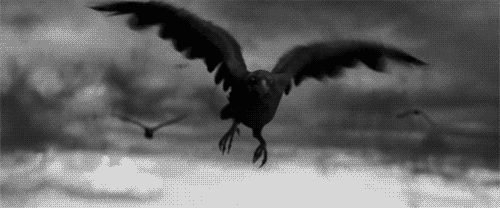
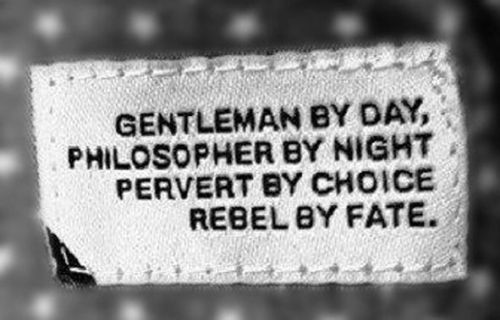



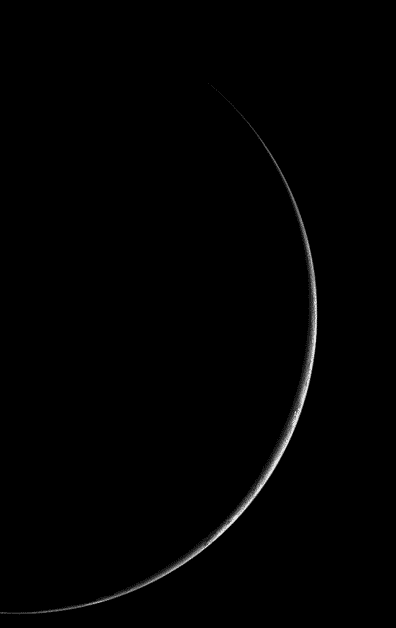








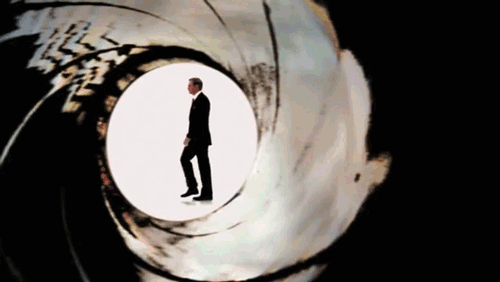


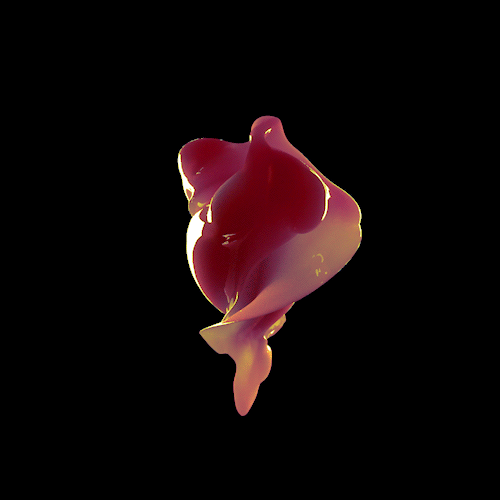


No comments:
Post a Comment